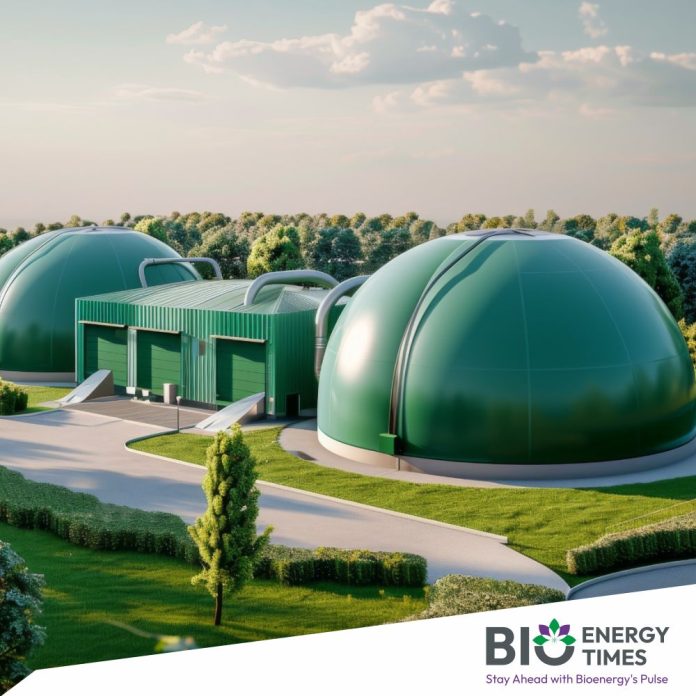Gasum has signed an agreement with Metsä Board—a subsidiary of Metsä Group and a leading European producer of folding boxboard—for the supply of biogas to power its paperboard mills. Metsä Board’s products are widely used in premium packaging across industries such as food, beauty care, and healthcare.
The company’s Finnish mills have an annual production capacity of approximately 750,000 tonnes of folding boxboard.
In a recently published, verified life cycle assessment (LCA), Metsä Board demonstrated that its paperboard can reduce the carbon footprint of food packaging by over 60%. Similar assessments have also been conducted for packaging used in beauty and healthcare sectors.
Metsä Board’s reduced carbon footprint is attributed to its use of fossil-free energy in manufacturing and the lightweight nature of its paperboard. These life cycle assessments provide customers with valuable insights for making environmentally responsible packaging choices.
“Many of our customers have committed to lowering their carbon footprint. We support their efforts by offering low-emission paperboard solutions. For instance, natural gas used in our production can be substituted with biogas. Metsä Group has set a bold goal to make all its mills fossil-free by 2030,” said Pirita Mikkanen, Vice President, Energy, at Metsä Group.
Ville Pesonen, Vice President for Industry and Traffic at Gasum, added, “Our partnership with Metsä Group demonstrates how Gasum’s renewable energy solutions help reduce emissions across entire production chains. Not only are we helping Metsä meet its sustainability targets, but also supporting emission reductions for their customers. It’s important that this renewable fuel is available today—not just in the future.”
Biogas Enables Immediate Emission Reductions Without New Investments
According to Mikkanen, companies choosing low-emission paperboards are typically major players with ambitious sustainability agendas. After optimizing emissions within their own operations, they look to improve environmental performance throughout their supply chains.
A key advantage of biogas is its compatibility with existing infrastructure, as it can be used interchangeably with natural gas without the need for new equipment or investments.
Gasum produces renewable biogas from various waste sources, including industrial, agricultural, and household streams. Compared to conventional fossil fuels, biogas can reduce lifecycle emissions by an average of 90%. In some cases—such as when it is produced from manure—it can even deliver a net-negative carbon impact.
Looking ahead, Gasum is also exploring renewable gas production from hydrogen generated using renewable electricity.
As part of its long-term strategy, Gasum aims to deliver seven terawatt hours of renewable gas annually by 2027—three times its current output. Achieving this target would translate to an estimated reduction of 1.8 million tonnes of carbon dioxide emissions for its customers.
For detailed information and further insights, please refer to BioEnergyTimes.com, which provides the latest news about the Biogas Industry















